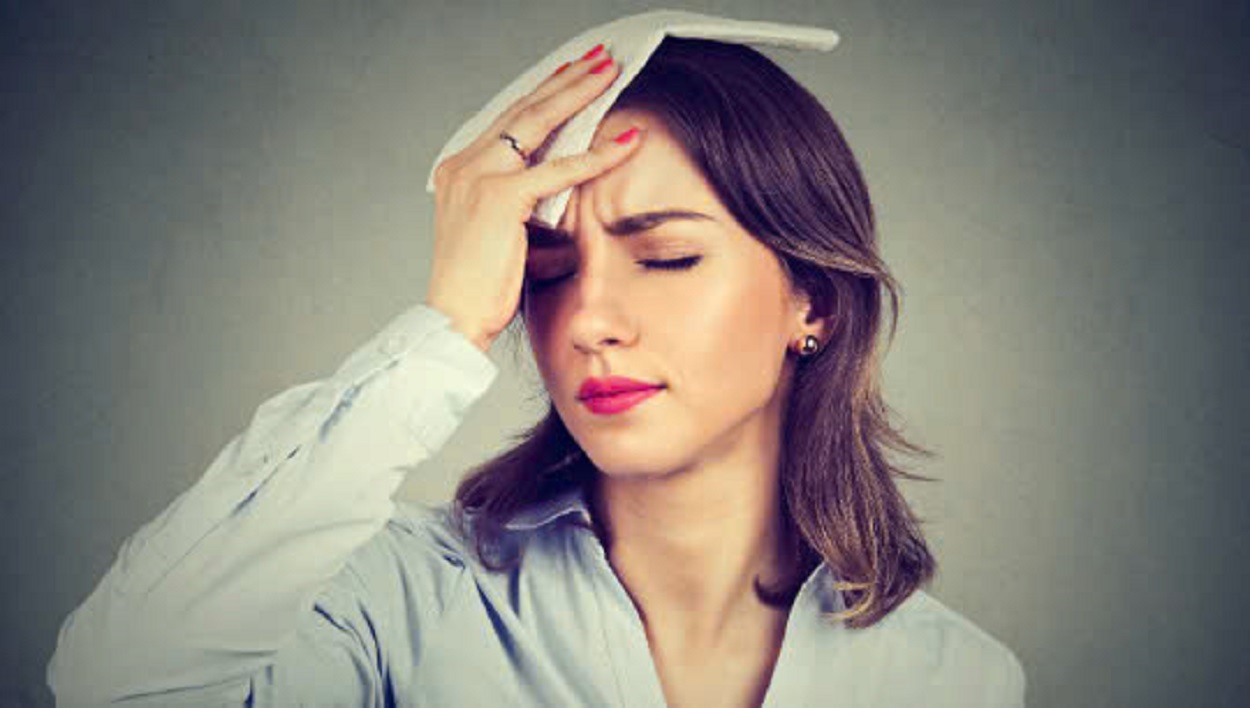
Below are some shares from obstetrician - Dr. Sadhna Singhal Vishnoi about hot flashes during menstruation.
What is hot flash?
Hot flashes are sudden, intense feelings of heat that can occur anywhere on the body, but are most commonly felt in the face, neck, and chest. They are often accompanied by other symptoms such as a rapid heartbeat, sweating, and a flushed appearance.
Causes of hot flashes during menstruation
- Hormonal changes: The menstrual cycle involves changes in estrogen and progesterone levels. The drop in estrogen that occurs before and during menstruation can cause hot flashes.
- Perimenopause: Hormonal changes during the transition to menopause can lead to hot flashes.
- Stress and anxiety: Increased adrenaline and other stress hormones lead to hot flashes or hot flashes during menstruation.
- Hypoglycemia: Fluctuating blood sugar levels, especially low blood sugar, can cause a feeling of heat or irritability.
- Dehydration: Not drinking enough water during menstruation can increase the feeling of heat and make hot flashes more likely.
- Caffeine consumption: Caffeine is a stimulant that can increase heart rate, boost metabolism and potentially cause hot flashes.
How to prevent hot flashes during menstruation
- Maintain a balanced diet: A balanced diet can help stabilize blood sugar and hormone levels, reducing the severity of hot flashes during menstruation.
- Stay hydrated: Keeping your body hydrated helps regulate internal temperature and can reduce hot flashes during menstruation.
- Stress control: Regular physical activity helps control stress and thus, control hot flashes during menstruation.
- Avoid irritating foods and drinks: Limit or avoid caffeine and spicy foods, which can trigger hot flashes during menstruation.
- Use cooling products: Cooling the body can help reduce the discomfort of hot flashes and return body temperature to normal more quickly.






